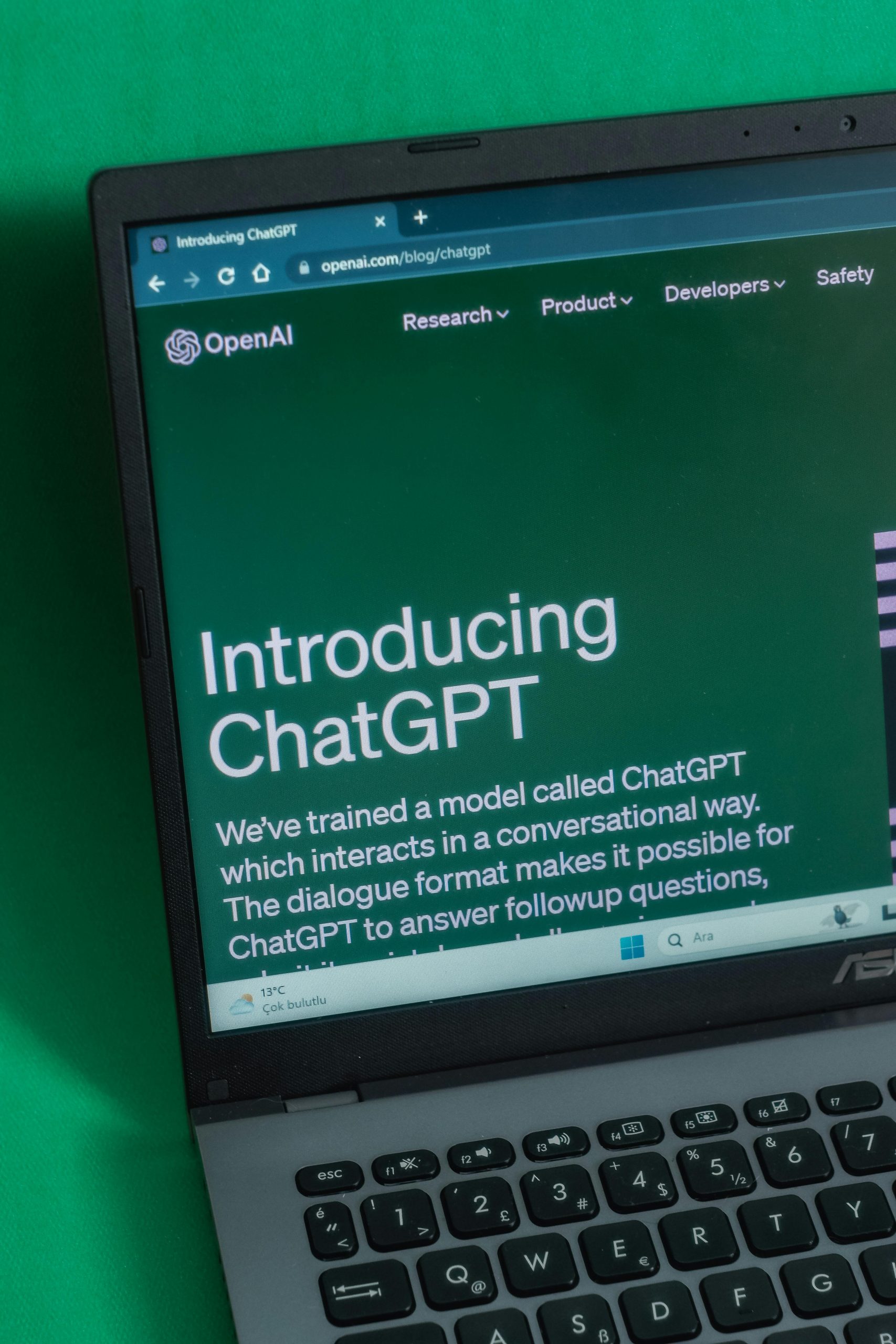Question about the global economic model under AI
The Future of Employment in an AI-Driven Economy: An Essential Inquiry
As we stand on the brink of a technological revolution, the rise of artificial intelligence (AI) prompts an urgent discussion about the global economic landscape. One of the most pressing questions we face is: What will happen to employment and consumer behavior as AI begins to take over a significant number of jobs?
The prospect of AI performing many tasks traditionally done by humans raises concerns about widespread unemployment. With jobs potentially being automated, we could see an increase in the number of individuals without gainful employment. This scenario poses a significant challenge for consumer spending—a key driver of economic health. As incomes dwindle due to job loss, the purchasing power of the average consumer is likely to decline, leading to reduced capital circulation within the economy.
This brings us to a critical point of consideration: if AI-generated services and products flood the market, who will be purchasing them? The ability of the economy to thrive in this new landscape hinges on finding viable answers to this question.
Addressing these concerns involves exploring innovative approaches to labor distribution and income generation. Concepts such as Universal Basic Income (UBI) and retraining programs for displaced workers may emerge as essential strategies to adapt to the changing workforce. Furthermore, it’s essential for policymakers and business leaders to collaborate on developing sustainable economic models that can support both technological advancement and job creation.
As we delve deeper into these issues, it is paramount to recognize that the future is not predetermined. By fostering dialogue and exploring creative solutions, we can work towards an equitable economic framework where the benefits of AI can be enjoyed by all—ensuring that while technology evolves, the needs of society remain at the forefront.














Post Comment